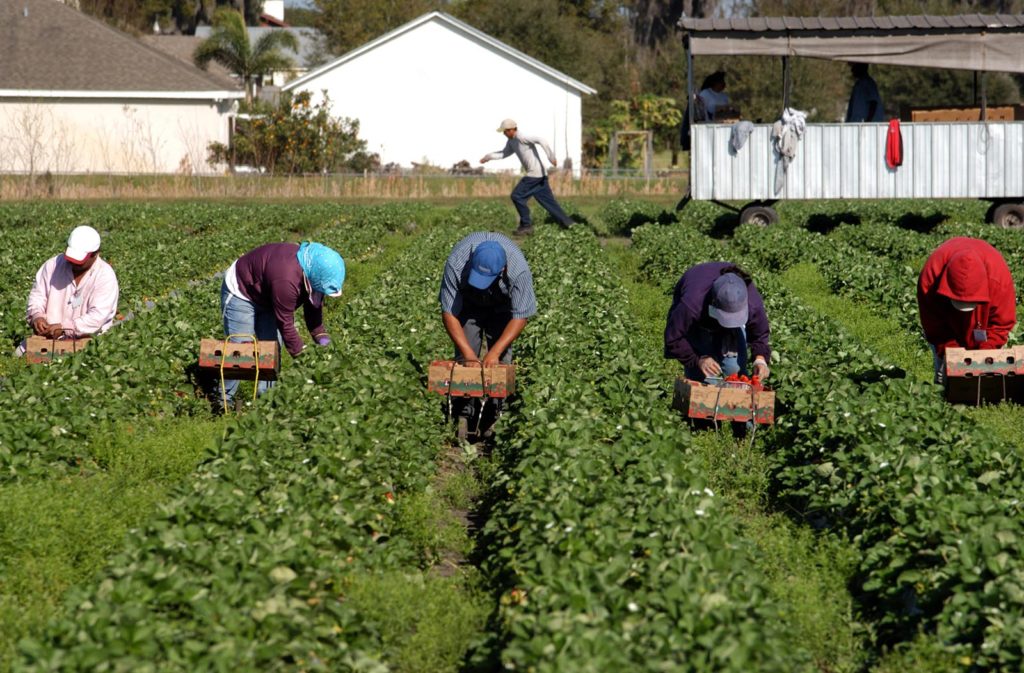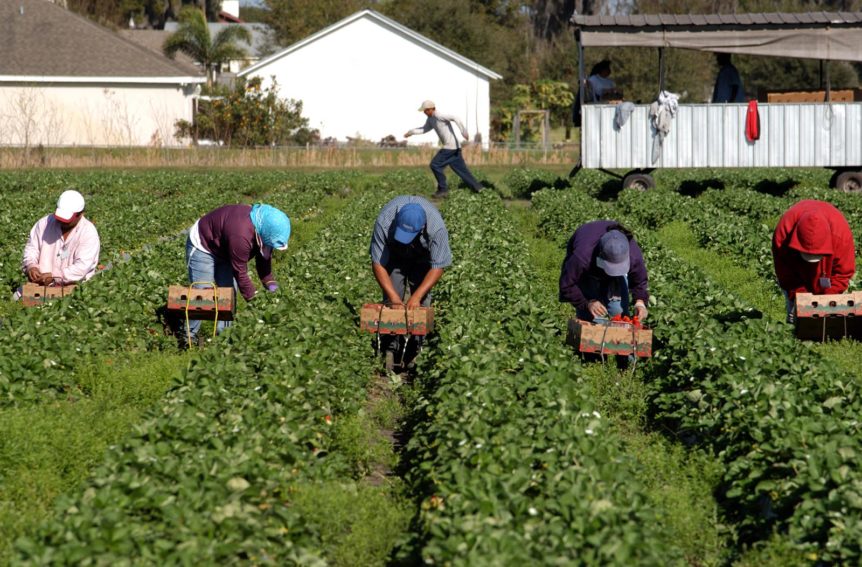
With the fall and winter crop season underway, many growers have workers in the fields. Immigration and Customs Enforcement (ICE) deportations have caused concerns about agents coming to farms and how to prepare in the event that a visit occurs.
The Department of Labor (DOL) released a report that linked ICE enforcement to higher food costs and supply risks. This was in conjunction with DOL’s announcement of actions being taken to streamline the H-2A visa application process and lower wage requirements. The goal is to encourage growers to utilize the H-2A program rather than hire undocumented workers.
While reports indicate that ICE enforcement on farms has slowed and is becoming more selective, growers should have a plan in place to ensure compliance, calmly respond to immigration enforcement officials and provide assurance to their employees. Much like a food-safety plan, an ICE plan should be written down and shared with leadership throughout the organization.
Recently, the Florida Fruit & Vegetable Association sent an informational memo to its members on how to prepare and react to potential ICE visits to the farm. Here’s a recap of that information:
Proactive Preparation for Unannounced Visits
- Engage Legal Counsel: Retain labor counsel, review internal policies and designate staff to manage interactions with immigration enforcement officers.
- Conduct Internal I-9 Audits: Ensure compliance with employment verification laws and regulations and properly document any permissible corrections made.
- Employee Training: Train employees to remain calm and respond according to employer policies. Emphasize the importance of remaining calm and cooperative. Employees should direct immigration enforcement officers to the company’s designated representative.
Actions To Take During a Visit
- Contact Legal Counsel: Immediately contact legal counsel, reassure employees and cooperate with officers while seeking to minimize work disruptions.
- Request Documentation: Ask for copies of warrants or subpoenas, ensuring any warrants are signed by a state or federal judge.
- Limit Access: Restrict access to those facilities or records specified in the warrant and deny voluntary consent to additional searches.
- Thorough Documentation: Document the inspection, noting the number of agents, their behavior and any items seized. Request a written inventory of seized property from agents.
- Employers and employees should cooperate without waiving any rights, including the right to remain silent and to not sign documents or provide information without consulting legal counsel. If officers present an administrative warrant issued by the agency, employers have the right to request they return with a judicial warrant.
H-2A employees should consider having electronic copies of visas and I-94s available on phones if they do not keep physical copies with them while on the job.
The information presented in this article is for informational purposes only and not for the purpose of providing legal advice. Growers should contact their attorney to obtain advice with respect to any particular issue or problem.










